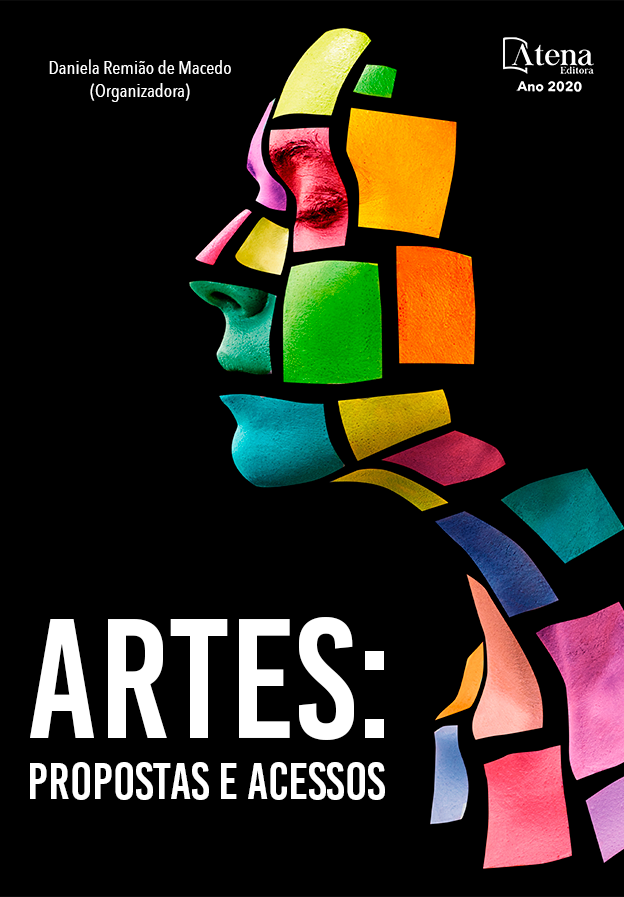
CORO INFANTOJUVENIL: CONTRIBUIÇÕES PARA O DESENVOLVIMENTO ARTÍSTICO-MUSICAL, COGNITIVO E PSICOSSOCIAL
Neste artigo, discutimos sobre benefícios do canto coral para crianças e adolescentes, partindo da observação contínua das regentes do PCIU! (Projeto Coral Infantojuvenil da UFMS – Universidade Federal de Mato Grosso do Sul) e do Coral infantojuvenil do SESC (Serviço Social do Comércio – unidade Lageado/MS) em ensaios e apresentações realizados. Pesquisamos os impactos da atividade coral no desenvolvimento global dos coralistas, considerando a autopercepção das crianças e adolescentes, e considerando ainda os relatos e depoimentos informais dos pais, ressaltando como a vivência no coro - enquanto propiciador de conhecimento e de práticas artístico-culturais - pôde causar mudanças e influenciar positivamente seus filhos. Para registrar essas informações, elaboramos dois questionários estruturados, que foram respondidos voluntariamente pelos pais e pelos próprios coralistas (de seis a dezesseis anos) que participaram dos dois projetos corais em 2018. Analisamos as respostas obtidas, identificando e relacionando fatores de crescimento com ênfase nas áreas cognitiva e psicossocial - como o estabelecimento das relações interpessoais, o favorecimento da expressão e da comunicação, o fortalecimento da autoestima, a aquisição de conhecimentos e habilidades, entre outros aspectos que influenciaram no aprimoramento de seu fazer musical. A pesquisa tem, como principais referenciais teóricos, o estudo de pesquisadores da área coral, em sua defesa de que o coro contribui para a melhoria da qualidade de vida de seus participantes; outra fonte de referência é a teoria psicogenética de Wallon e de seus estudiosos, considerando que o ser humano é simultaneamente biológico e social – assim como a essência do cantar em grupo.
CORO INFANTOJUVENIL: CONTRIBUIÇÕES PARA O DESENVOLVIMENTO ARTÍSTICO-MUSICAL, COGNITIVO E PSICOSSOCIAL
-
DOI: 10.22533/at.ed.93420170918
-
Palavras-chave: coro infantojuvenil, aprendizagem musical, desenvolvimento cognitivo, desenvolvimento psicossocial
-
Keywords: children and youth choir, music learning, cognitive development, psychosocial development
-
Abstract:
In this article, we discuss the benefits of choral singing for children and adolescents, based on continuous observation of the conductors from PCIU! (UFMS Children's and Youth Choir Project - Federal University of Mato Grosso do Sul) and SESC's (Children's Social Service for Trade– Lageado / MS unit) children's choir, during rehearsals and presentations. We have researched the impacts of the choral activity in the global development of the choralists, considering the self-perception of the children and adolescents and also considering the informal reports and testimonies of the parents, emphasizing how the experience in the choir - as propitiator of knowledge and artistic-cultural practices - could bring changes and positive influence to your children. To register this information, we elaborated two structured questionnaires, which were voluntarily answered by parents and choralists (aged six to sixteen) who participated in the two choral projects in 2018. We analyzed the answers obtained, identifying and relating growth factors with emphasis on cognitive and psychosocial areas - such as the establishment of interpersonal relationships, the favoring of expression and communication, the strengthening of self-esteem, the acquisition of knowledge and skills, among other aspects that influenced the improvement of their musical performance. The research has, as its main theoretical references, the study of choral researchers, who argue that a choir contributes to the participantes well-being; another reference basis is the psychogenetic theory of Henry Wallon and his researchers, considering that the human being is simultaneously biological and social – such as the essence of singing in a group.
-
Número de páginas: 13
- KEYLA LIMA BRITO E SILVA
- VANESSA ARAÚJO DA SILVA
- ANA LUCIA IARA GABORIM-MOREIRA


